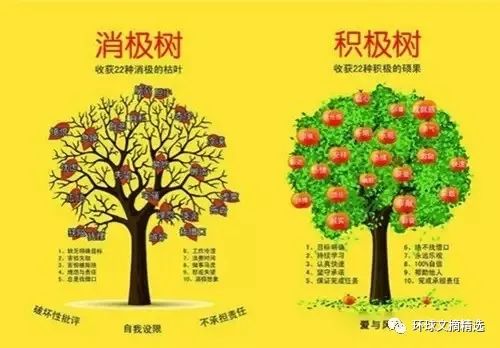
As, because 和since都是连词,都可以引导原因状语从句,表达产生结果的原因。
| 结果 | 原因 |
| He decided to go to the conference in Barcelona, | as he was in Spain anyway. |
| Are you angry with me | because I opened the letter? |
| Bilardo coaches his team by telephone, | since half of them play in Italy, France or Spain. |
Because
Because要比as和since更通用,无论事书面英语还是口语,我们用它聚焦事情发生的原因。 She spoke quietly because she didn’t want Catherine to hear. 她轻声细语,因为她不想让凯瑟琳听到。 We’ll come over on Sunday because David’s got to work on Saturday. 我们星期天过来,因为大卫周六上班。 我们经常把because放在句子开头,特别是我们想强调原因,在because引出的状语从句之后用逗号。 Because breathing is something we do automatically, we rarely think about it. 由于呼吸是自动的,我们很少会想到有这个过程。 在口语或非正规的书面语中,我们可以单独使用because引出的状语从句,不需要主句。 We can use a because-clause on its own without the main clause in speaking or informal writing: A: Would you like to go to school there? B: Yes. A: Why? B: Because my best friend goes there. (I would like to go to school there because my best friend goes there.) 注意在正规的书面语中because不能省略。 In 1998, the government introduced a new import tax because people were importing cars from abroad. Cos 在非正规的书面语或口语中,我们会把because缩减为Cos /kəz/ 或 /kɒz/ 。 I’m laughing cos I’m so happy.As and since
当我们更关心结果,而非原因时,我们会用as和since, as和since比because要正规。通常在主句在前,然后有个逗号,接着 since引导的时间状语从句在后。 [结果]I hope they’ve decided to come as [原因]I wanted to hear about their India trip. [结果]They’re rather expensive, since [原因]they’re quite hard to find. 我么也可以将as或since放在句子开头,然后有个逗号,最后跟随主句。 Since everything can be done from home with computers and telephones, there’s no need to dress up for work any more. 由于电脑和电话的使用,一切都可以在家办公,不用西装革履去上班。 As everyone already knows each other, there’s no need for introductions. We’ll get straight into the business of the meeting. 因为大家彼此了解,没必要介绍了,我们直接进入会议主题。 当说话人提出某个原因时会使用because, 而不是since或as. Are you feeling unwell because you ate too much? 你是因为吃的太多而感觉不舒服吗? 不是:For
最后for也可以表示原因,但只能放在后面。 下面给出更多的例句,便于理解。| 单词 | 说明 | 例句 |
| because | 更强调原因 | The students could go home earlier because the teacher was ill. Because the teacher was ill, the students could go home earlier. |
| as | 原因显而易见. | As we read, we learn. |
| since | 原因已知. (比 as正规) | Since we were in the computer lab, our English has improved. |
| for | 原因放在最后,不能把 for 放在句子开头 | We went to a small restaurant - for we were hungry. |
本站内容收集整理于网络,多标有原文出处,本站仅提供信息存储空间服务。如若转载,请注明出处。








